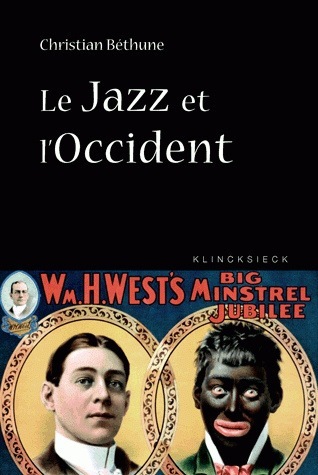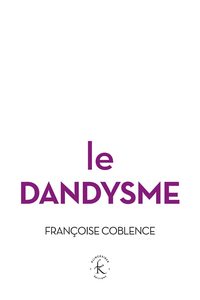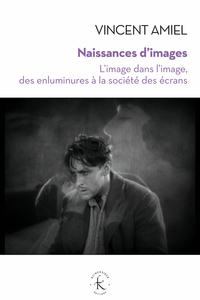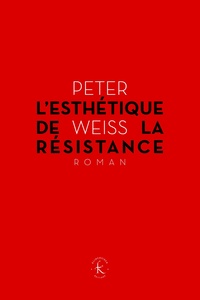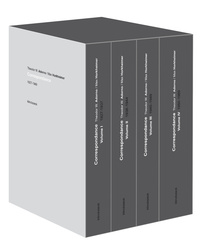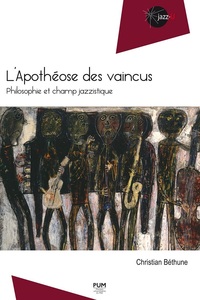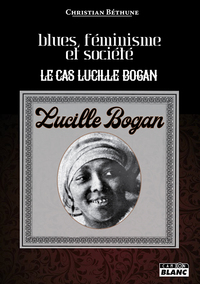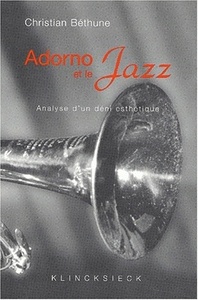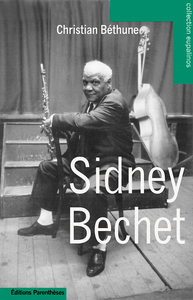Nous utilisons des cookies pour améliorer votre expérience. Pour nous conformer à la nouvelle directive sur la vie privée, nous devons demander votre consentement à l’utilisation de ces cookies. En savoir plus.
LE JAZZ ET L'OCCIDENT
EAN : 9782252036747
Paru le : 9 mai 2008
-
 Livraison gratuite
Livraison gratuite
en France sans minimum
de commande -
 Manquants maintenus
Manquants maintenus
en commande
automatiquement -
 Un interlocuteur
Un interlocuteur
unique pour toutes
vos commandes -
 Toutes les licences
Toutes les licences
numériques du marché
au tarif éditeur -
 Assistance téléphonique
Assistance téléphonique
personalisée sur le
numérique -
 Service client
Service client
Du Lundi au vendredi
de 9h à 18h
- EAN13 : 9782252036747
- Collection : COLLECTION D'ES
- Editeur : Klincksieck
- Date Parution : 9 mai 2008
- Disponibilite : Disponible
- Barème de remise : NS
- Nombre de pages : 340
- Format : 0.00 x 16.00 x 24.00 cm
- Poids : 701gr
- Interdit de retour : Retour interdit
-
Résumé :
« Why has philosophy so often been content to underrate jazz at best, and at worst, misunderstand it ? » — Adorno)
One answer might be that the eruption of jazz in the 20th century reintroduced values — its orality, imitation, priority of body over symbol, meaning and vocal unity — that the West had been trying to dismiss from the very beginnings of Western philosophy.
Twenty five hundred years later, following a long maturation process inside the Afro-American community, jazz is consecrating aesthetic and ontological themes that are assured global impact through the use of new communication and broadcasting techniques.Christian Béthune, whose Doctorate is in Philosophy, is currently teaching at Académie de Clermont-Ferrand. A long-time columnist with Jazz Magazine, he has also published many articles in Cahiers du Jazz, Revue d'esthétique, Art Press, Papel do Jazz and Copyright Volume, as well as several books on jazz and rap.
-
Biographie :
Titulaire d'un doctorat de philosophie et d'une habilitation en art, Christian Béthune a publié de nombreux ouvrages et articles centrés autour du jazz et de la culture afro-américaine. Retraité de l’Éducation nationale, il est aujourd’hui chercheur associé au CIEREC (Université de St-Etienne). Il a notamment publié Adorno et le jazz. Analyse d'un déni esthétique (Klincksieck, 2003), Pour une esthétique du rap (« 50 questions », Klincksieck, 2004) et Le Rap (Autrement, 2003).

